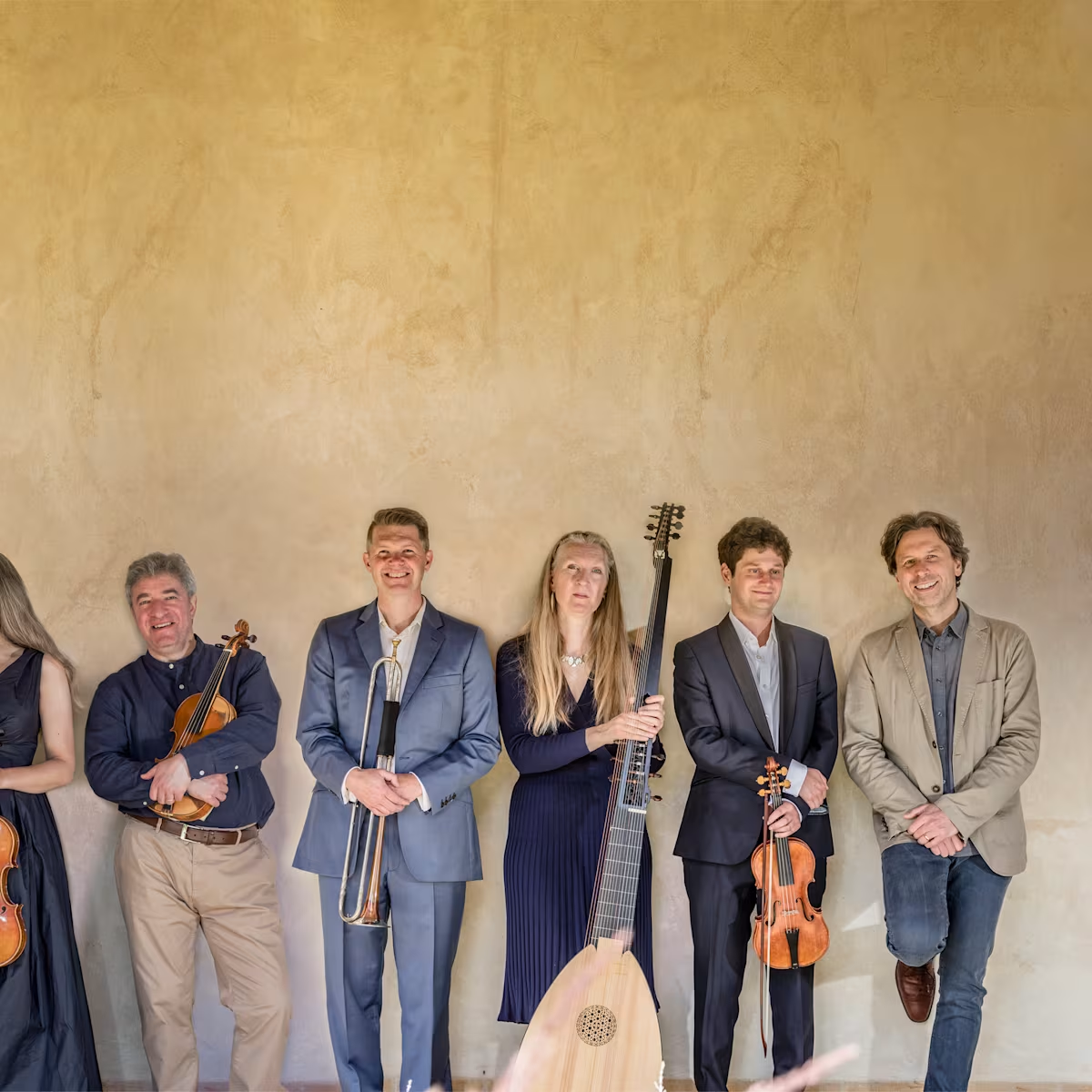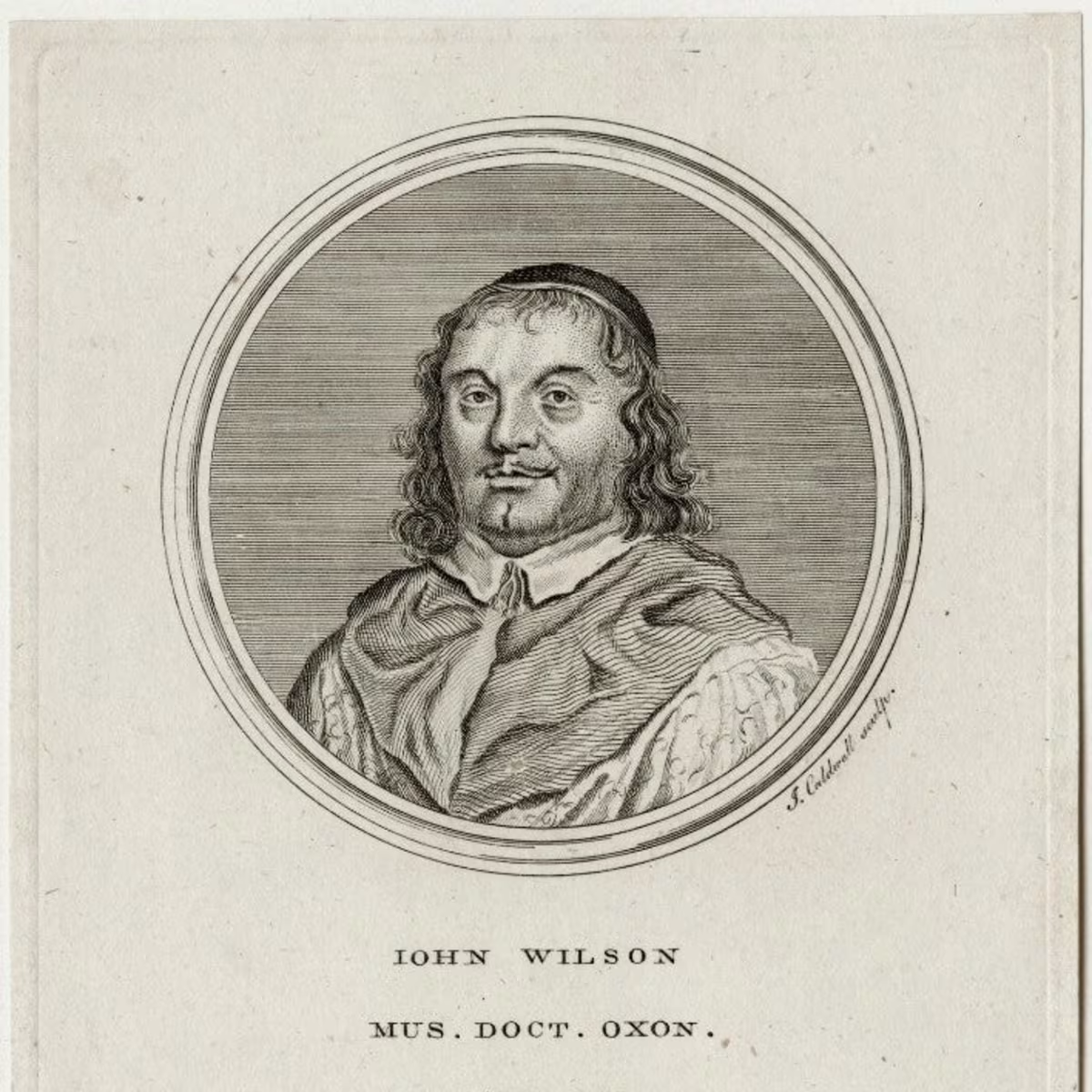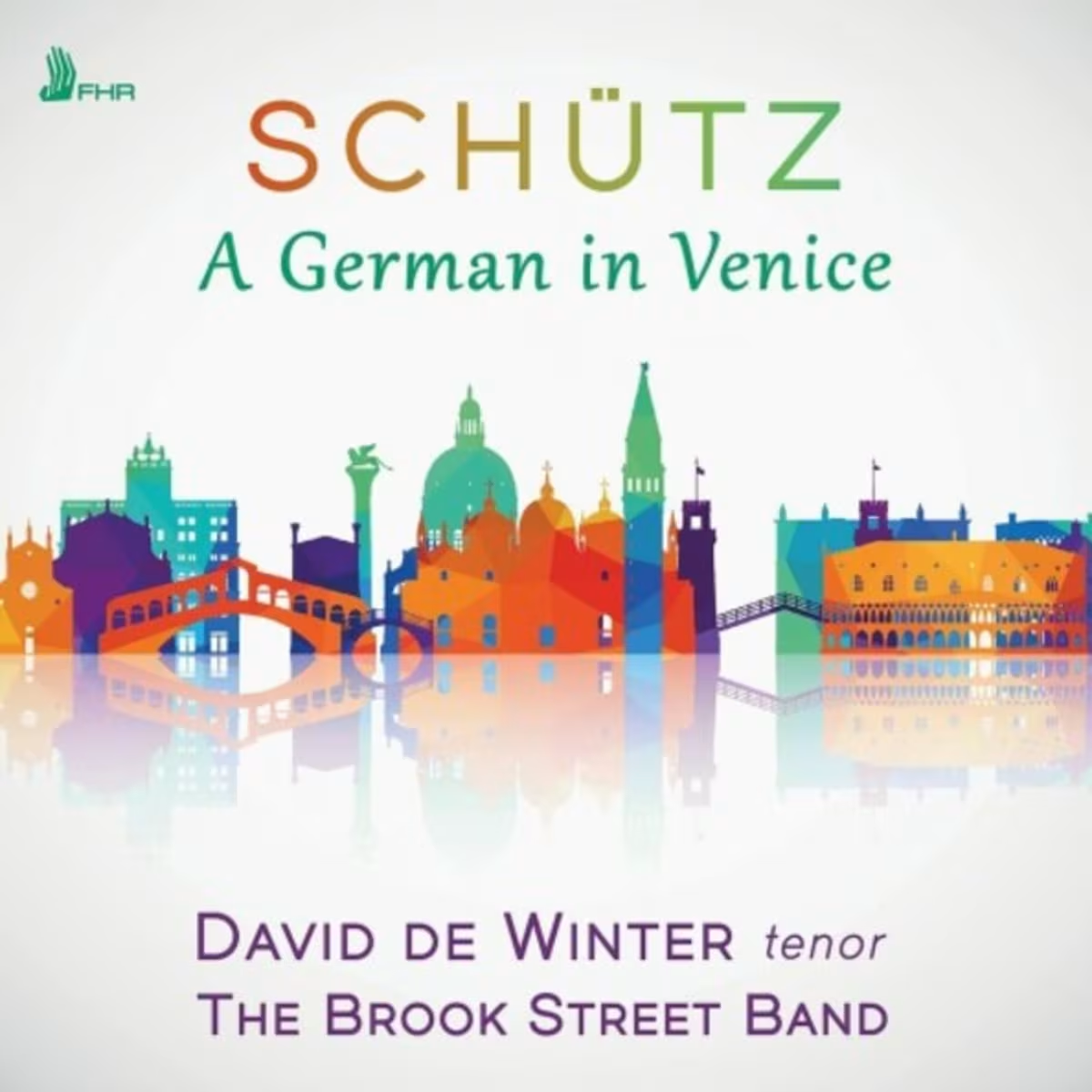Feature
London International Festival of Early Music - Online Concerts
Enjoy the 2023 performances from the comfort of your home
Share this

The London International Festival of Early Music is one of the world's most expansive and welcoming festivals dedicated to early music. Founded in 1973, its first venue was the Royal College of Music. Over time, the festival transitioned through locations such as the Royal Horticultural Halls and Greenwich, ultimately establishing itself at Blackheath Halls, a historic cultural site in London known for being the city’s oldest purpose-designed cultural space.
The organisers are offering a chance to re-live the 2023 programme with lifetime access to the filmed concert, allowing you to watch again whenever you like.
Erik Bosgraaf and the Wrocław Baroque Orchestra
Vivaldi Forever

Erik Bosgraaf leads the Wrocław Baroque Orchestra from the harpsichord and as the recorder soloist in a vibrant celebration of Antonio Vivaldi's work. This unique rendition of the iconic Four Seasons for multiple recorders and orchestra headlines the event, complemented by the celebrated concerto for the flautino, the smallest recorder, alongside two string concertos. Experience the brilliance of Bosgraaf's performance as he brings perspective to Vivaldi's exhilarating compositions!
Jane Chapman (harpsichord)
LIFEM 50th Anniversary Gala Concert

This gala concert, performed on the resonant Taskin harpsichord, showcases a broad spectrum of harpsichord compositions, featuring everything from William Byrd's La Volta, originally penned for virginals, to Roxanna Panufnik's contemporary piece Tears no more, inspired by Byrd's Pavana Lachrymae, designed for the vibrant double manual harpsichord.
Central to the program is Roxanna Panufnik's interpretation of Dowland's Flow, my tears, alongside renditions of Hindustani Airs – captivating adaptations of Indian songs for the harpsichord dating back to 1789. The performance includes Babell's rendition of Vo far guerra from Handel's Rinaldo, hinting at Handel’s own improvisational flair on the harpsichord.
Le Vertigo by opera maestro Royer introduces a dramatic flair, reflecting his rivalry with Rameau, as historical accounts suggest. The concert also contrasts the styles of 18th-century François Couperin and 17th-century Elisabeth Jacquet de la Guerre, showcasing Couperin's famous Passacaglia and Jacquet de la Guerre's improvisational prowess.
Bird motifs anchor the programme, from the gentle nightingale in François Couperin's work to the lively depiction of a chicken in Rameau’s La Poule. Purcell's Chacone offers an infectious bass line likely played originally on a spinet.
The OAE Experience Scheme Ensemble
Classical Drama by Haydn and Mozart

Haydn's mastery in symphonic composition and Mozart's unparalleled skill in opera are celebrated by both musicians and their audiences. During his tenure at the Esterhazy court from 1772, Haydn had become intimately familiar with his ensemble, the Prince, and the court's musical preferences. His symphonies from this era showcase his innovative spirit, blending clever motifs with unexpected turns, and engaging listeners’ emotions through musical highs and lows.
A decade and a half later, in 1787, Mozart composed what is often considered his most dramatic opera, the unrivaled Don Giovanni. The practice of adapting significant works for smaller ensembles led to the creation of a wind octet version of this opera, capturing its intense drama with both elegance and flair.
Share this
Keep reading

La Serenissima's 30th Anniversary
La Serenissima marks 30 years with Giro d’Italia, celebrating forgotten composers and a new recording of Vivaldi’s Opus 8.

Angell’s Musick in Mortall’s Dresse
John Wilson, a prominent baroque composer, rose from humble beginnings to significant fame. Matthew Spring of ensemble Galliarda explores his enduring legacy.

A German In Venice
This album explores Heinrich Schütz's solo cantatas alongside examples of the brilliant and virtuosic Venetian style instrumental music.

